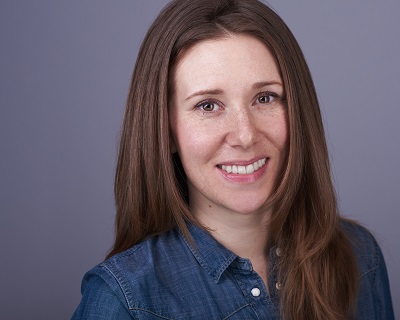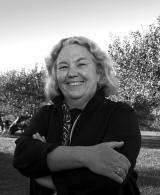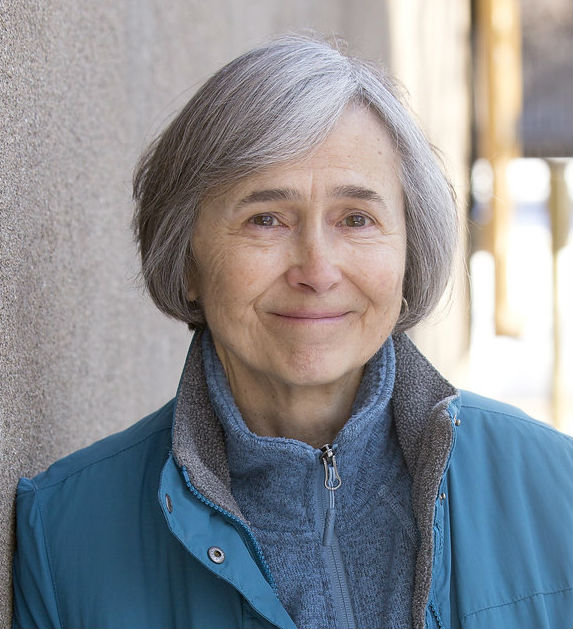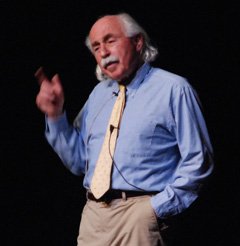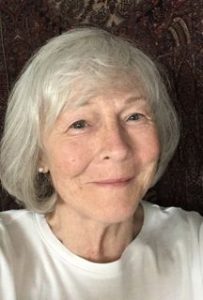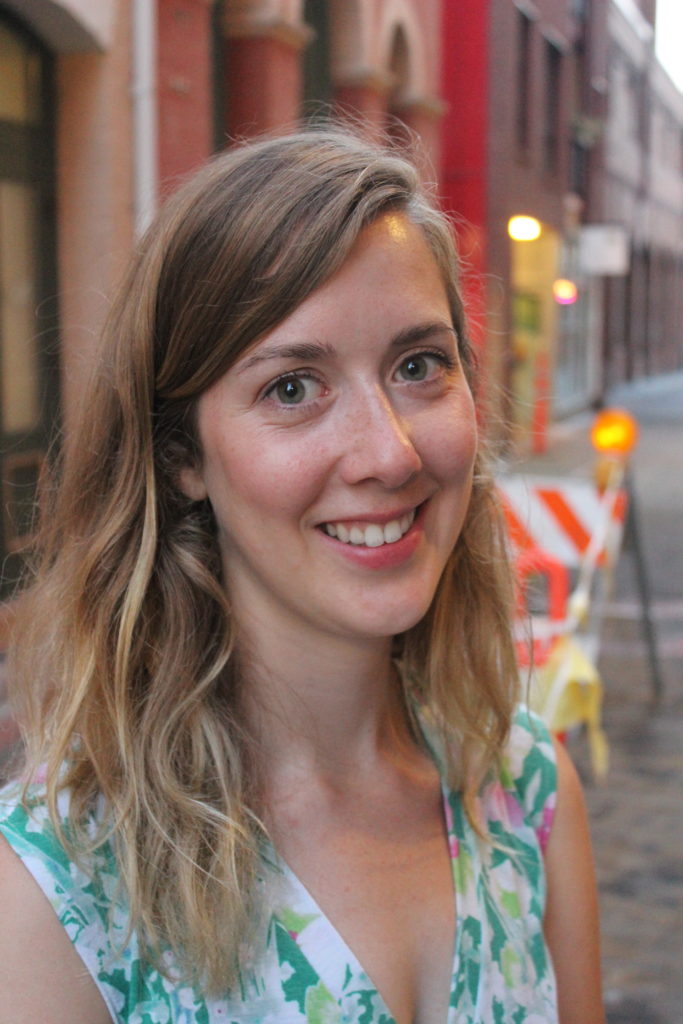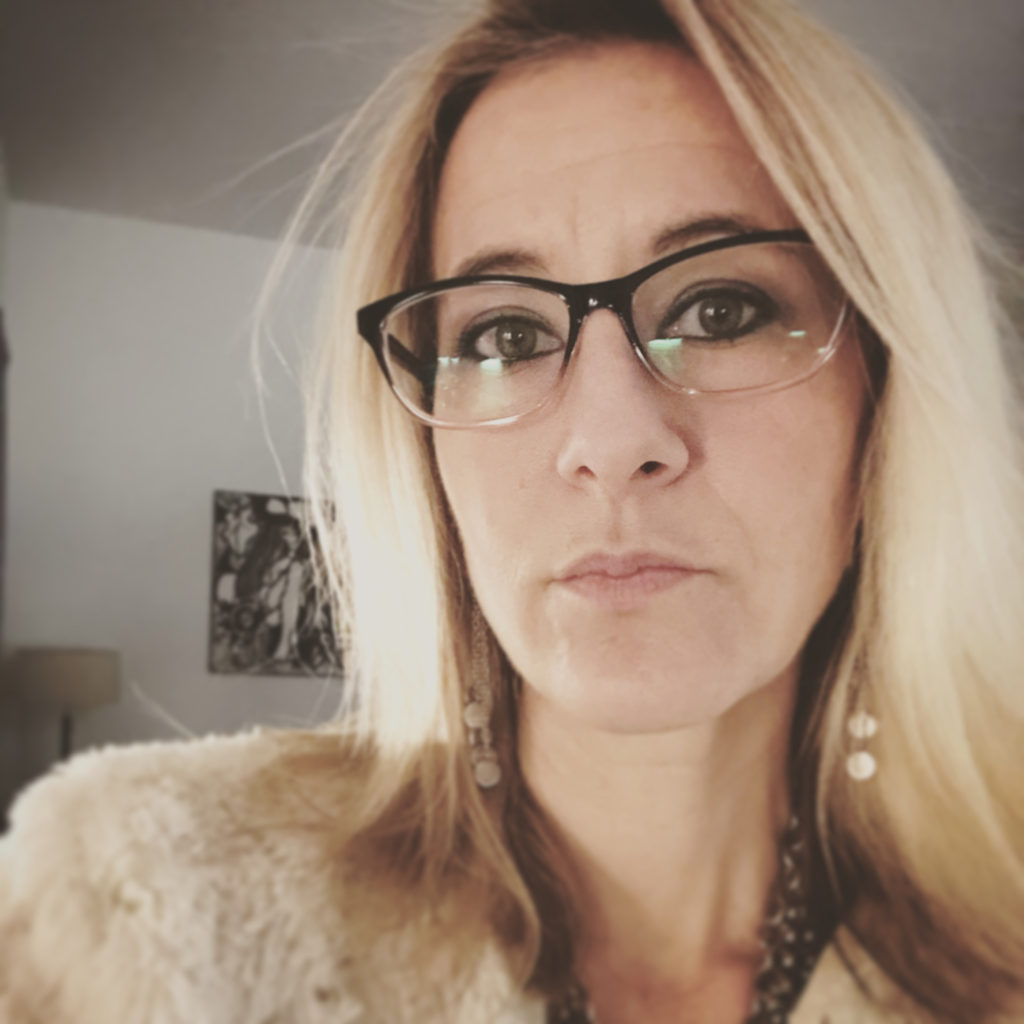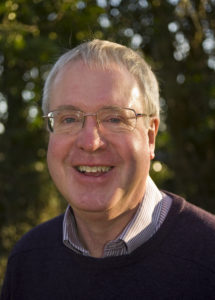Advisory Group
Gregory Heming, Senior Advisor
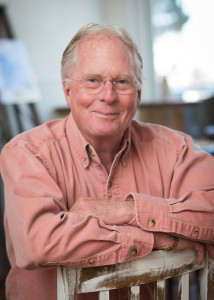
Gregory is a Co-founder of the Centre for Local Prosperity. He is a philosophical ecologist, writer, climate activist and former elected official. He holds a PhD in Literary Ecology and Northern Studies with special interest in steady-state economics, public policy and ecocide.
Albert Marshall, Elder Advisor on Two-Eyed Seeing

Albert is a highly respected and much loved Elder of the Mi’kmaw Nation. He lives in Eskasoni First Nation in Unama’ki (Cape Breton), NS, and is a passionate advocate of cross-cultural understandings and healing and of our human responsibilities to care for all creatures and our Earth Mother. He is the “designated voice” with respect to environmental issues for the Mi’kmaw Elders of Unama’ki and he sits on various committees that develop and guide collaborative initiatives and understandings in natural resource management or that serve First Nations’ governance issues, or that otherwise work towards ethical environmental, social and economic practices.
Elder Marshall coined the English phrase “Two-Eyed Seeing” for a guiding principle found in Mi’kmaq Knowledge as reflected in the language. Two-Eyed Seeing in his language is known as Etuaptmumk, which encourages the realization that beneficial outcomes are much more likely in any given situation if we are willing to bring two or more perspectives into play. As Elder Marshall says, “learn to see from your one eye with the best strengths in the Indigenous knowledges and ways of knowing … and learn to see from your other
eye with the best strengths in the mainstream (Western or Eurocentric) knowledges and ways of knowing … but most importantly, learn to see with both these eyes together, for the benefit of all”.
Karen Foster, Canada Research Chair in Sustainable Rural Futures for Atlantic Canada
Karen Foster is Canada Research Chair in Sustainable Rural Futures for Atlantic Canada. She is Assistant Professor in the Department of Sociology and Social Anthropology at Dalhousie University, where she teaches about work, economy and gender. Her research spans economic sociology, the sociology of work, and the history of economic thought.
Her forthcoming book, Productivity and Prosperity (University of Toronto Press, 2016), examines the meaning and measurement of “productivity” in Canada. She is a founding member of Basic Income Nova Scotia, an avid cyclist, partner to Brian Foster and mother to 2-year-old Alice.
Susan Witt, Executive Director, Schumacher Center for a New Economics
Susan is the Executive Director of the Schumacher Center for a New Economics, heir to the legacy programs of the E.F.Schumacher Society. She led the development of the Schumacher Center’s highly regarded lecture, publication, conference, seminar, and library programs. These programs established the Schumacher Center as a pioneering voice for a new economy shaped by social and ecological principles. Over the past 35 years, Susan has maintained a deep commitment to implementing projects for the commons, such as land trusts, micro-lending and local currency initiatives.
While deeply engaged with the history and theory of a new economy and its implications for the transformation of our relationship to land, labor, and capital, Susan Witt has simultaneously worked to place theory into practice in her home region of the Berkshires, with projects such as community land trusts, local currencies and community supported industry.
Gordon Slade, Chair Emeritus, Shorefast Foundation, and Senior Fellow, New Ocean Ethic
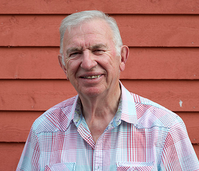
Gordon Slade is a leader in the sustainable economic development of Newfoundland and Labrador. After an early career in fisheries conservation, in 1975, he was appointed the provincial Deputy Minister of Fisheries. In 1982, he was appointed the Federal Economic Development Coordinator, Newfoundland Region. In 1987, Mr Slade became Vice-President, Newfoundland Division, for the Atlantic Canada Opportunities Agency (ACOA). He also served as Co-Chair of the $300 million dollar (CAD) Canada-Newfoundland Offshore Development Fund. In 1988, Mr Slade established The Battle Harbour Historic Trust to protect the history and culture of the intact salt-fishing village of Battle Harbour. Mr Slade has been awarded the Order of Canada for his community work. The Battle Harbour initiative has earned numerous awards, including the Royal Canadian Geographical Society’s Gold Medal. He has received an Honorary Doctorate Degree from Memorial University, and the Order of Newfoundland and Labrador. Mr Slade’s latest project is the renaissance of the remote region of Fogo Island and Change Islands with the Shorefast Foundation. He is developing partnerships with governments, communities, and local residents to preserve local traditions, while developing a model for the sustainable management of rural communities internationally.
Don Bemish, Larch Wood Canada CEO, Breton Forest Innovation Co-op
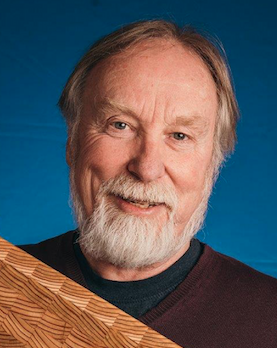
Don has been the CEO of Larch Wood Enterprises in East Margaree, Nova Scotia, since 2004 until present. He has taken it from a 4 person operation to 20 plus employees. Larch Woods products are exported world wide. Before That Don had a successful 35 year career as an independent builder, designer and cabinet maker in Ontario and Nova Scotia. Don moved to Cape Breton in 1985 from rural Ontario and never looked back.
After attending a hard wood conference in Port Hawkesbury in 2016, Don and Kari Easthouse from the Cape Breton Private Land Partnership approached Inverness Councilor Jim Mustard about forming a co-op dedicated to sustainable forestry and creating the opportunity for more value added wood products being produced in Cape Breton. Breton Forest Innovation Co-op was founded in 2017. The site of the former Fine Wood Flooring facility in Middle River, 22,000 sq. ft of buildings and offices was purchased with the help of New Dawn Enterprises and the Sydney Credit Union. They remain vigilant in promoting their vision and are currently working on a proposal for the Nova Scotia Forest Industry Transition Fund.
Christine Heming, Writer and Educator
Christine Heming is a writer and educator. She has been a student of the buddhadharma for over 45 years, and a senior teacher and meditation instructor in Shambhala. She hosts conversations and council gatherings on creating a kinder, more equitable and just society. She lives in Port Royal, Nova Scotia.
Wendy Keats, Executive Director, Co-operative Enterprise Council of New Brunswick
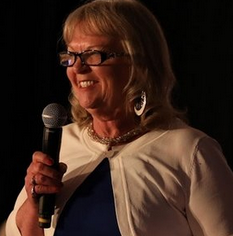
Wendy has worked in community economic development for nearly 40 years. She helped found CECNB in 2007—she was so excited by the prospect of building strong economies in NB through co-op and social enterprise that she gave up her private consulting practice to become CECNB’s first Executive Director.
Len Barron, Educator, writer, playwright, director, performer and dancer
Len began college when he was thirty years old after years of hauling scrap iron, selling magazines, and driving a taxi. Since graduating from the University of Colorado in 1967 and Antioch-Putney Graduate School in 1970, he founded and directed Spring, an alternative high school, and taught Sociology at the University of Colorado, San Diego State University, Prescott College in Arizona and Dull Knife Memorial College on the Northern Cheyenne Reservation in Montana. For ten years he was an interviewer on KGNU, community radio in Boulder, Colorado.
Since 1989 he has presented his one-person theatre pieces, “Walking Lightly…A Portrait of Einstein,” and “Einstein and Niels Bohr… A Fairy Tale” for audiences ranging from middle school students to a conference of Plasma Physicists. In 2012, instead of his usual solo presentation, he directed the Einstein/Bohr Fairy Tale with a cast of eight grandmothers. In October of 2015 a documentary of the making of that production was awarded the Best International Film Prize at the Sunrise International Film Festival in Pugwash, Nova Scotia.
Heather Johannesen, Ecological Economist
Heather is an ecological economist and sustainability practitioner. She has served as senior project manager on sustainability projects involving multi-level government agencies and private sector partnerships both within Canada and internationally with a focus on climate change, energy, water security initiatives, and the development of indicators of progress. In addition to her private practice, Heather was an associate professor at Royal Roads University and Saint Mary’s University in the areas of sustainability, systems thinking, ecological economics and corporate social responsibility. She currently serves on the Nova Scotia Round Table for Environmental Goals and Sustainable Prosperity Act, where she brings a solutions-oriented approach to our current dilemmas.
Sarah Ravlic, Social Health and Well-Being Practitioner
Sarah is an accomplished social planner and consultation specialist with experience supporting local governments to address issues of equity and inclusion across the social determinants of health. Sarah brings more than six years of experience in the planning field and her previous work includes supporting local government staff and elected officials to integrate an equity lens into engagement processes as well as policy and plan development. Sarah’s recent work has focused on housing access and affordability and working with individuals with lived experience of homelessness and housing insecurity. She has Art of Hosting and San’yas Indigenous Cultural Safety training, the Government of Canada Gender-Based Analysis Plus training and completed her Master of Planning at Dalhousie University.
Regan Rosberg, Environmental Artist
Regan Rosburg (b. 1977) is an interdisciplinary artist who weaves together science, psychology, history, and social engagement. With a passion for studying various ecosystems and biota, her work investigates not only the exquisite intelligence of ecology, but also the causes and ramifications of over-consumption.
She is represented by William Havu Gallery (Denver, CO), and teaches at the Rocky Mountain College of Art and Design. She is the artistic director of Cayo Artist Residency in Eleuthera (Bahamas).
In 2020 she published The Church of Water: A Portrait of the Arctic, a collection of images from her 2019 Arctic Circle Residency expedition. She outlines the scientific research that went into planning her trip, as well as the insights she had about plastic pollution, overconsumption, beauty and time.
Publications and interviews include Yale University’s “Order of Multitudes” (2020-2021 Mellon-Sawyer Seminar); the IGI International Journal of Civic Engagement and Social Change, Truthout, CPR News, The Shambhala Times (CAN), Elysian Magazine, One Resilient Earth, and the Denver Post. Her residencies include the Arctic Circle Residency (Norway), RedLine (CO), S*Park (CO), Ayatana (CAN), and the Oak Spring Garden Foundation (VA). Rosburg received her BFA from the University of Colorado (Boulder, 2000) and her MFA from the Lesley University College of Art and Design (2016).
Tracy Marshall, Youth Coordinator, Bras d’Or Lakes Collaborative Environmental Planning Initiative (CEPI)
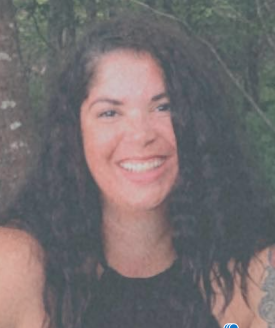
Tracy Marshall is from Potlotek First Nation. She is an active member of CEPI Youth, and currently the Youth Coordinator for CEPI. She sits on the Bras d’Or Lakes Biosphere Reserve Association Board of Directors as the youth representative. As a child, she started to learn about melting “ice caps” and was concerned for polar bears, and ever since haven’t stopped being an activist for the environment. Not knowing where to start, she just stopped littering and encouraging friends and family not to as well. The rest was a ripple effect from that moment on.
Tracy was a co-organizer of the CLP 2019 Youth Retreat, a Thinker in the May-June 2020 retreat and a trusted advisor. She is working with CLP to collate written transcripts of Elder Albert Marshall’s teachings. Tracy is in the Bachelor of Arts and Science in Environment program at Cape Breton University.
James Hunter, Emeritus Professor of History at the University of the Highlands and Islands, Scotland
James was the first Director of the Centre for History between 2005-2010. In the mid-1980s, he became the first director of the Scottish Crofters Union, now the Scottish Crofting Federation. Between 1998-2004 he was chairman of Highlands and Islands Enterprise, the north of Scotland’s development agency. Jim is the author of 13 books about the Highlands and Islands and about the region’s worldwide diaspora. His latest book, Set Adrift Upon the World: The Sutherland Clearances, published by Birlinn, won a Saltire Society award as Best History Book 2016. ‘Rarely have the clearances been written about so evocatively,’ the Saltire panel commented. ‘Hunter’s empathy with those involved speaks to us with elegant restraint in an account that sweeps from the Sutherland straths to the struggles of those forced to seek new lives in North America.’
Jim Hunter’s first book, The Making of the Crofting Community, described by a contributor to Scottish Historical Review as ‘one of the most significant books of its generation’, has been in print for more than 40 years. His other books include A Dance Called America: The Scottish Highlands, the United States and Canada (1994), Last of the Free: A History of the Highlands and Islands (1999), Scottish Exodus: Travels Among a Worldwide Clan (2005) and, From the Low Tide of the Sea to the Highest Mountain Tops (2012), an account of the development of community ownership in the Highlands and Island. Professor Hunter was made a CBE in 2001. He was elected a Fellow of the Royal Society of Edinburgh in 2007.

